You know that felines are the ultimate companions – they’re cute, self-sufficient, and require minimal attention.
However, when your furry friend starts leaving their poop on your couch, it can be both frustrating and revolting. You adore your pet, but you also value your furniture, and cleaning up after them is not something you want to do.
There are several reasons for this behavior, each requiring a different approach to solve the problem.
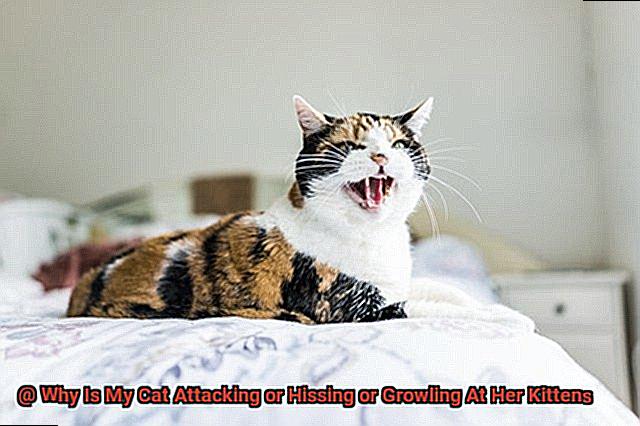
It could be due to medical issues, litter box problems, anxiety, or territorial marking. In this blog post, we’ll delve into each of these topics in detail and provide actionable advice on how to tackle this issue head-on.
We’ll also share tips on how to discourage future incidents so that you can have a home free from unwanted surprises. Whether you’re new to owning cats or have been doing it for years, this topic is crucial for every pet parent.
So, let’s dive in.
Possible Medical Causes of Pooping on the Couch
Despite cats’ reputation for cleanliness and litter box habits, there may be several reasons why they are suddenly doing their business on your furniture.
In this blog post, we’ll explore one potential reason for this behavior – medical problems. It’s important to note that cats may avoid using the litter box if they experience any pain or discomfort while using it.
One of the most common medical causes of pooping on the couch is feline lower urinary tract disease. This condition affects the bladder and urethra, causing pain and discomfort while urinating or defecating.
Cats with FLUTD may associate their litter box with pain and avoid using it altogether, leading to accidents on furniture or other areas of the house. Another possible medical cause of pooping on the couch is constipation.
Cats that are constipated may struggle to pass stool, causing them to avoid the litter box altogether if they associate it with discomfort. Constipation can occur due to dehydration, lack of fiber in their diet, or a medical condition that affects their digestive system.
Inflammatory bowel disease (IBD) is another medical condition that could cause cats to poop on the couch. IBD is an autoimmune disorder that affects the digestive tract and causes inflammation, vomiting, diarrhea, and weight loss.
Cats with IBD may avoid using their litter box due to discomfort or urgency to defecate. Other medical conditions that could cause cats to poop outside the litter box include gastrointestinal infections, parasites, kidney disease, and cancer.
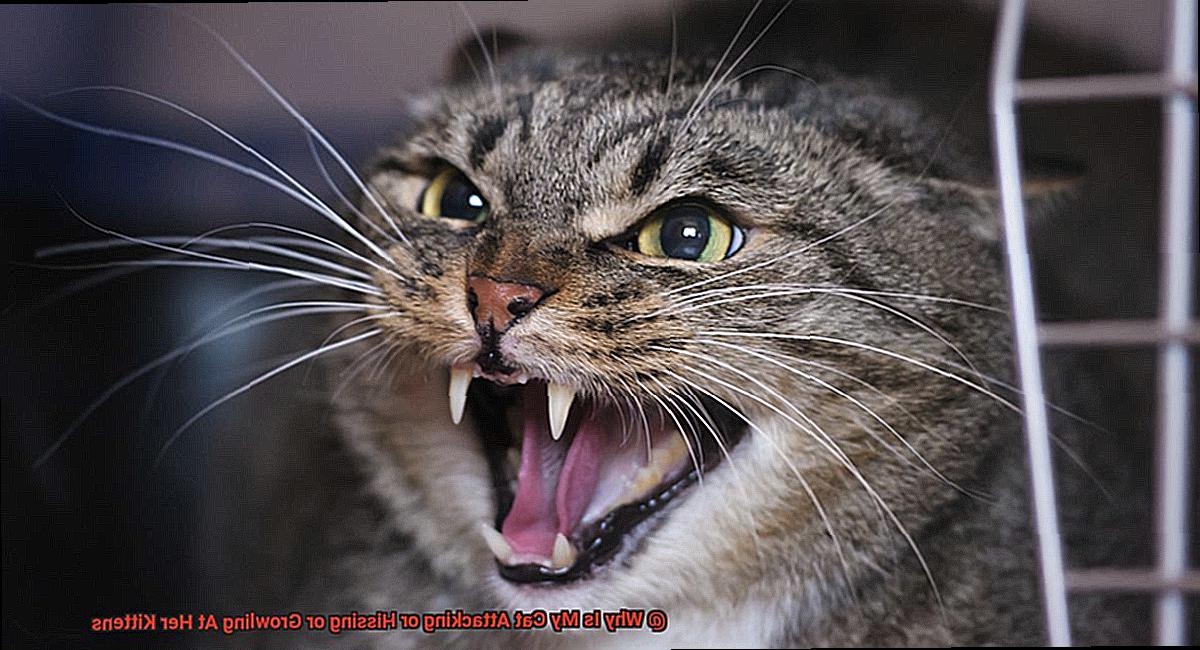
It’s crucial to take your cat to the vet for a checkup if you notice any changes in their behavior or stool consistency.
Behavioral Reasons for Pooping on the Couch
There are several behavioral reasons why cats may poop on the couch, and we’re here to help you understand and address them.
A Lack Of Litter Box Training
One of the most common causes is a lack of litter box training. Cats are creatures of habit and can be quite finicky about their litter boxes.
If the box is dirty, too small or not in a suitable location, your cat may choose to do their business elsewhere. So, make sure the litter box is clean, large enough for your cat’s needs, and placed in a quiet and safe area.
Territorial Marking
Another reason why cats may poop on the couch is territorial marking. This behavior is a cat’s way of claiming their territory and can be seen in both male and female cats, especially if they haven’t been spayed or neutered.
Additionally, introducing new pets or moving to a new environment can make cats feel insecure and lead to territorial marking. Stress and anxiety can also cause cats to leave their mark on your furniture.
Changes
Changes in the household, such as adding a new family member, moving to a new place, or even changes in routine can cause stress and anxiety in felines. This can result in behavioral issues like pooping on furniture.
Medical Conditions
Finally, medical conditions such as gastrointestinal problems or urinary tract infections can also cause cats to avoid their litter boxes.
Before addressing any behavioral issues, it’s essential to rule out any underlying medical conditions that might be causing this behavior.
To stop your cat from pooping on the couch, it’s crucial to identify the root cause of the behavior. This may involve litter box training or making sure there are enough boxes available for multiple cats.
Providing a safe environment for your cat with plenty of hiding spots and vertical spaces can also help reduce stress levels. And if necessary, consulting with your veterinarian to rule out any medical issues is always advised.
Instead, focus on positive reinforcement when they use their litter box correctly.
Litter Box Issues that Cause Cats to Avoid the Litter Box
Cats are clean animals and prefer to eliminate in a designated area, but if they find the area unsuitable or uncomfortable, they may avoid using the litter box altogether.
Let’s delve deeper into some common litter box problems that cause cats to avoid it. Firstly, cats are sensitive to smells, and a dirty litter box can be a huge turn-off for them.
Just like us, they don’t enjoy using a bathroom that hasn’t been cleaned in days. If you don’t clean the litter box regularly, it can become smelly and unappealing, prompting your cat to search for somewhere else to do their business.
Additionally, cats have preferences when it comes to litter type and texture. Some prefer clumping litter, while others prefer non-clumping.
Some cats may even avoid certain types of litter due to allergies or discomfort. Experiment with different types of litter until you find the one that your cat prefers.
Thirdly, cats need enough space to move around comfortably in the litter box. If the box is too small or covered, the cat may feel confined and uncomfortable.
Imagine trying to use a tiny bathroom stall – not pleasant. Make sure your cat has enough space to move around and do their business efficiently.
Lastly, cats like privacy when they’re eliminating, so if the litter box is placed in a high-traffic area or near noisy appliances, the cat may avoid using it. Think about trying to use the restroom while someone is walking by or making loud noises in the background – not ideal.

Place the litter box in a quiet area where your cat will have some privacy. In conclusion, if your cat starts pooping on the couch, it could be due to litter box issues.
By keeping the litter box clean, using the right type of litter, providing enough space, and placing it in a quiet location, you can encourage your cat to use it and avoid any further unpleasant surprises on your furniture.
How to Tell if Your Cat’s Behavior is Due to a Medical Issue
It’s natural to be concerned that there may be an underlying medical condition causing this behavior. In fact, there are several signs to watch out for that could indicate a medical issue.
The first thing to look for is changes in your cat’s litter box habits. If your cat is using the litter box less frequently or not at all, it could be a sign of a urinary tract infection or other medical condition.
Additionally, if your cat is straining to poop or crying out in pain while doing so, it could be a sign of constipation or other digestive issues. Other signs to look out for include lethargy, loss of appetite, and vomiting.
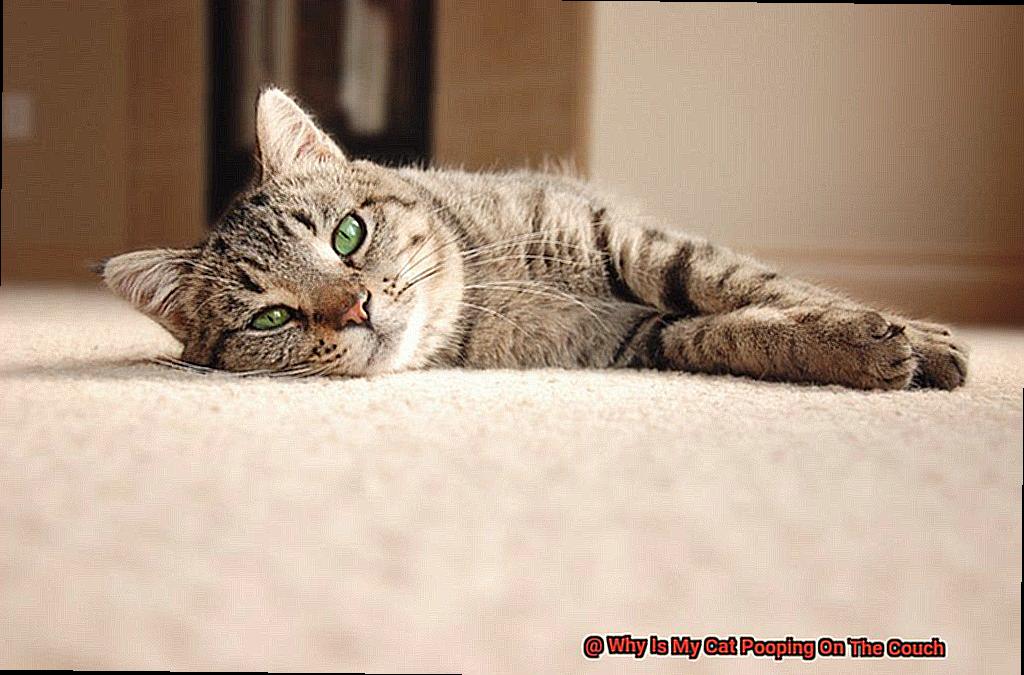
If you notice any of these symptoms along with your cat’s new pooping behavior, it is important to take them to the vet as soon as possible.
Behavioral Issues That Can Lead to Inappropriate Pooping
However, it’s important to note that not all cases of inappropriate pooping are due to medical issues. Sometimes cats will poop outside the litter box due to stress, anxiety, or territorial issues.
Changes in the household, such as new kittens or moving to a new home, can cause anxiety in cats and contribute to inappropriate elimination habits.
If you have ruled out a medical issue and believe your cat’s behavior may be due to one of these factors, it may be helpful to consult with a behaviorist or trainer to address the root cause of the behavior.
Litter Boxes That Can Lead To Inappropriate Pooping
Cats are creatures of habit when it comes to their litter box habits, and any changes in their routine or environment could cause them to avoid using the litter box entirely.
Certain cats have preferences for certain types of litter or litter boxes, and they may not use them if they do not meet their requirements. It’s important to keep the litter box clean and have enough boxes for multiple cats.

If your cat is pooping on the couch due to litter box issues, try different brands of litter and boxes until you find one that suits your feline friend.
Steps to Take if Your Cat is Experiencing Stress or Anxiety
Cats are usually seen as calm and collected creatures, but they can also experience stress and anxiety just like us humans.

If you find your furry friend pooping on the couch, it could be a sign that they are feeling anxious about something in their environment. Don’t worry, there are several steps you can take to help your cat feel more comfortable and reduce their anxiety levels.
Step 1: Identify the Source of Your Cat’s Stress or Anxiety

The first step in dealing with your cat’s anxiety is to identify what’s causing it.
Has there been a recent change in their environment or routine? Is there a new pet in the household?
Once you understand the source of their anxiety, you can take steps to alleviate it.
Step 2: Provide a Safe and Comfortable Environment
Creating a safe and comfortable environment for your cat is crucial in reducing their stress levels. Consider setting up a designated space for your cat that is free of potential stressors like other animals or loud noises.
Make sure your cat has access to plenty of hiding places and vertical spaces, which can give them a sense of security.
Step 3: Address Any Underlying Medical Issues
If your cat’s behavior persists despite addressing potential sources of stress or anxiety, it may be necessary to consult with your veterinarian to rule out any underlying medical conditions. In some cases, inappropriate elimination may be a sign of an underlying medical issue that needs to be treated promptly.
Step 4: Consider Behavioral Modification Techniques
Behavioral modification techniques can be helpful if your cat’s inappropriate elimination is due to stress or anxiety.
Positive reinforcement training, such as rewarding your cat for using the litter box, can be effective. Additionally, desensitization techniques can gradually expose your cat to potential stressors and help them feel more comfortable in those situations.
Step 5: Consult with an Animal Behavior Specialist
If you’re struggling to manage your cat’s stress or anxiety on your own, consider consulting with a licensed animal behavior specialist.
They can help develop an effective treatment plan for your cat’s unique needs and provide one-on-one support and guidance throughout the process. In conclusion, cats can experience stress and anxiety just like humans do.
Remember, patience and perseverance are key when it comes to supporting your cat through their anxiety.
TGkXyvfE2Qg” >
Tips for Keeping Your Cat’s Litter Box Clean and Comfortable
One crucial aspect of cat care is ensuring that your cat’s litter box is clean and comfortable for them to use. Here are seven tips that will help keep your cat’s litter box clean and inviting:
Scoop the litter box daily
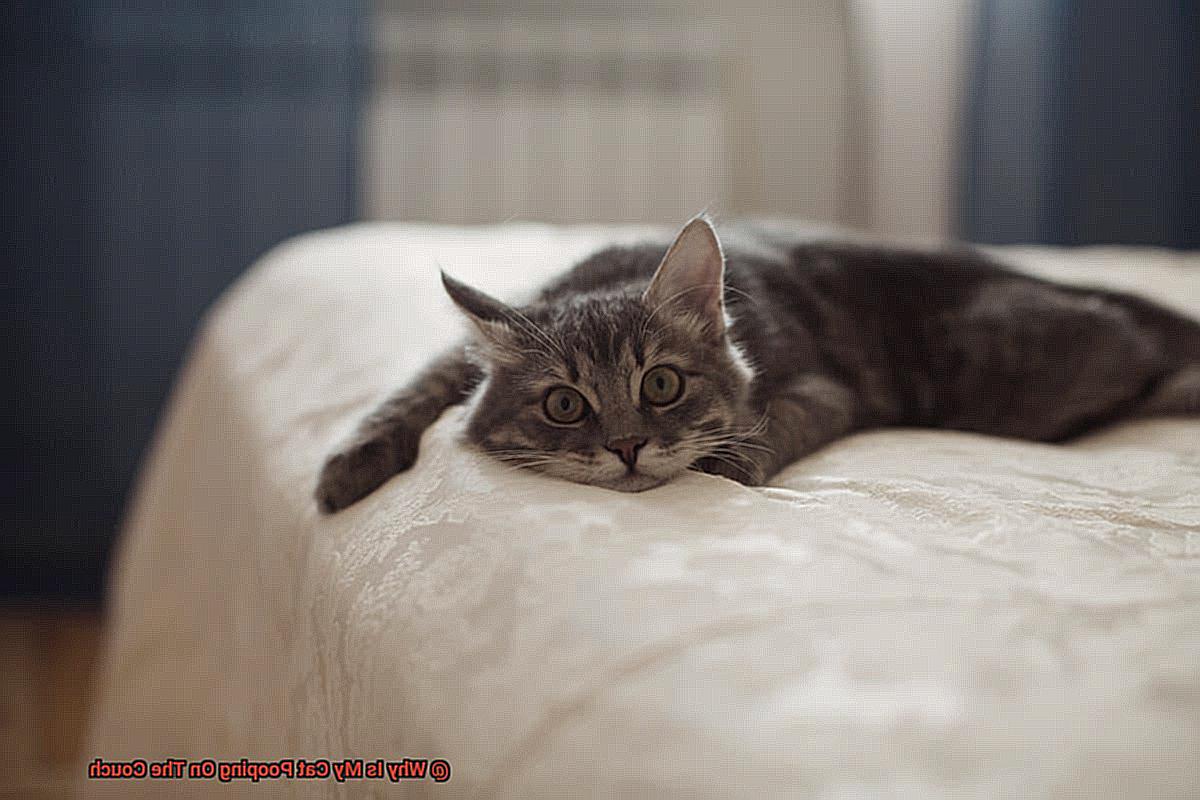
Cats are finicky about cleanliness and prefer a spotless litter box. By scooping the litter box at least once a day, you will keep it clean and prevent any unpleasant odors from developing.
Change the litter regularly
In addition to scooping out waste, it’s essential to change the litter completely every few weeks. This will help keep the litter box fresh and sanitary, eliminating any build-up of bacteria or odors.
Use unscented litter
While scented litter may seem like a good idea, cats have sensitive noses and may find it unpleasant. Opt for an unscented litter to avoid any discomfort for your feline friend.
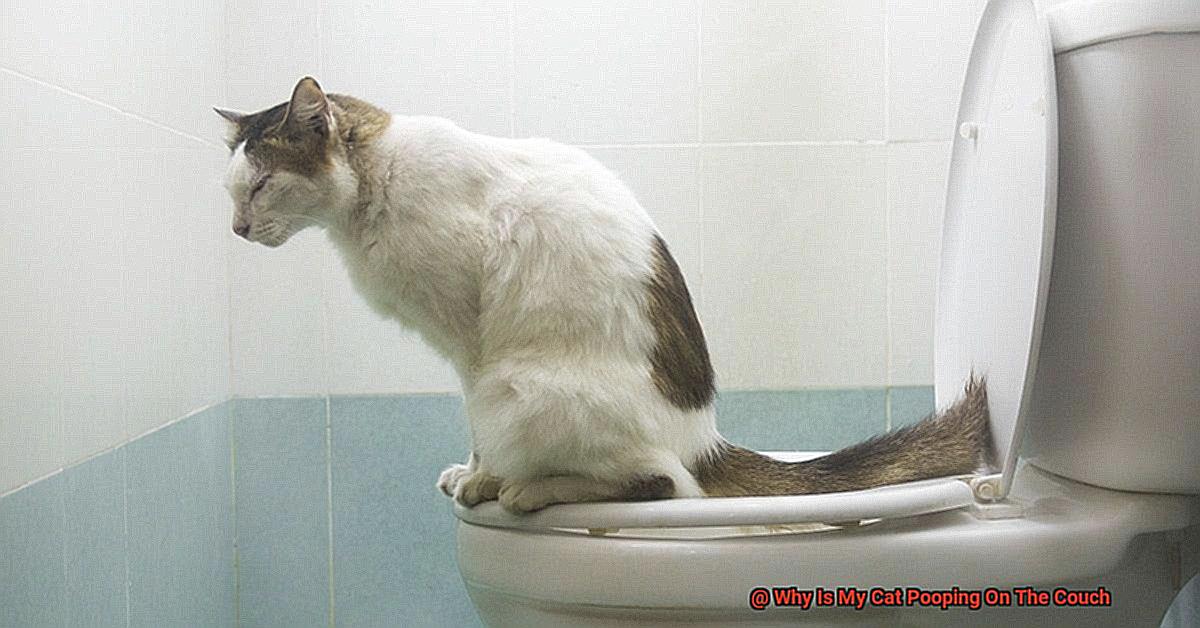
Provide enough litter boxes
If you have multiple cats, make sure each cat has access to their own litter box and an additional one. This ensures that each cat has enough space to do their business without feeling crowded or uncomfortable.
Choose the right size of litter box
Make sure that the litter box is big enough for your cat to comfortably move around in and dig in the litter.
Choose the right type of litter
Cats have different preferences when it comes to litter, so it’s essential to find a type that your cat likes. Some cats prefer clumping litter, while others prefer non-clumping or natural litter.
Place the litter box in a quiet location
Since using their litter box, cats prefer privacy and a sense of security. It’s essential to place the litter box in a quiet location away from high traffic areas.
Also Read: Why Is My Elderly Cat Suddenly Pooping On The Floor?
Conclusion
To sum it up, understanding why your cat is leaving presents on the couch is crucial for both you and your feline friend.
There are a variety of reasons why this behavior may occur, ranging from medical issues to anxiety or territorial marking. If your cat’s pooping problem stems from a medical condition like FLUTD or constipation, don’t hesitate to take them to the vet for a checkup.
Alternatively, if behavioral issues are to blame, consider addressing litter box training or reducing stress levels by creating a safe environment for your kitty. Keeping your cat’s litter box clean and comfortable is also key.
Ultimately, identifying the root cause of your cat’s couch-pooping habit will allow you to find a solution that works for both you and your furry companion.







